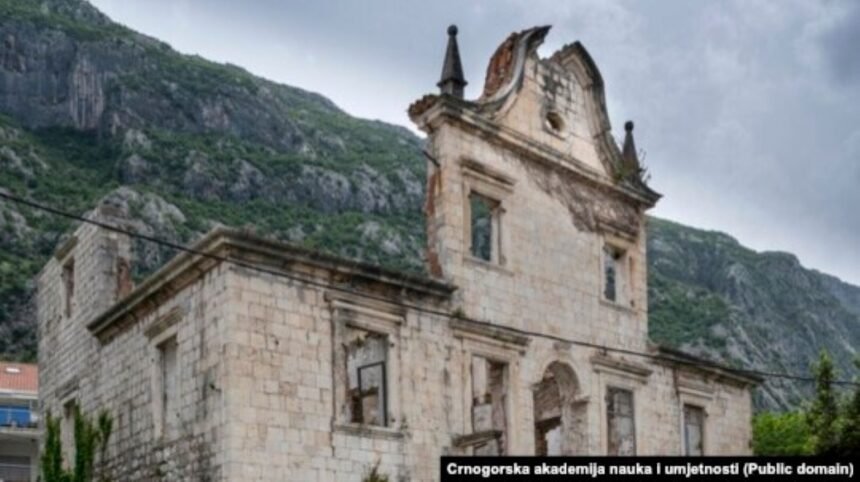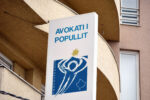The Croatian Ministry of Foreign and European Affairs has sent a diplomatic note to Montenegro’s Ministry of Foreign Affairs, requesting the restitution of property belonging to members of the Croatian national minority in Montenegro, officials confirmed to Radio Free Europe.
“On October 8, the Ministry received a verbal note from the Croatian Ministry of Foreign and European Affairs regarding the restitution of property to members of the Croatian national minority in Montenegro,” the Montenegrin MFA said in a statement.
Montenegro clarified that these matters are governed by the Law on Restitution of Confiscated Property Rights and Compensation, which applies equally to all citizens regardless of ethnicity.
“Upon receiving relevant information from the competent authorities, the Ministry will take appropriate steps and inform the Croatian side in line with diplomatic protocol,” it added.
Croatian media previously reported that 51 Croatian families from Tivat had their properties confiscated in the late 1950s and, despite court rulings, have not been able to register them in the cadastre. During the 1990s, third parties allegedly illegally registered ownership over these lands.
Croatian Foreign Minister Gordan Grlić Radman, speaking at the 2BS Forum in Budva earlier this month, described the situation as “shocking”:
“I was appalled. I didn’t know that 90% of those plots in Dobrota or Tivat were simply taken over. Someone else registered as the owner, but under international law, property is inalienable. This must be corrected if we want to move forward together in the EU,” he said.
One of the disputed properties is the Dabinović Palace – “Kokotova Kula” in Dobrota, a late-17th-century baroque palace now reduced to stone walls, according to Jutarnji list.
Montenegro’s Foreign Ministry emphasized that it maintains a constructive and open dialogue with Croatia on all pending bilateral issues — including matters concerning the Croatian minority — while also protecting national interests.
Strained Relations
Relations between Montenegro and Croatia have been tense since summer 2024, when the Montenegrin Parliament, led by Prime Minister Milojko Spajić’s Europe Now Movement and pro-Serbian parties headed by Andrija Mandić, adopted a Resolution on the Genocide in Jasenovac.
In response, Croatia declared Mandić, MP Milan Knežević, and Deputy PM Aleksa Bečić personae non gratae.
Subsequently, in December 2024, Croatia blocked Montenegro’s EU accession process by halting the closure of Chapter 31 – Foreign and Security Policy.
Other unresolved issues include:
- Compensation for former Croatian detainees held in the Morinj camp in 1991.
- Renaming of the swimming pool in Kotor named after Zoran Gopčević, a former camp guard.
- Return of the training ship “Jadran” to Croatia.
- The demarcation of the Prevlaka peninsula border.







